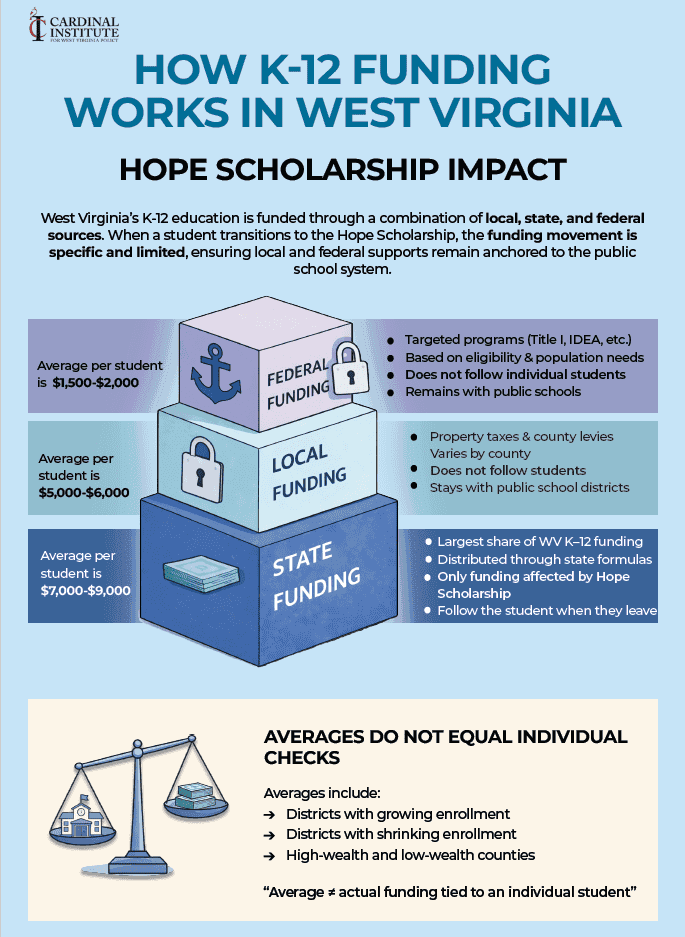
A Growing Body of Research On Certificate of Need Regulations
Research About Certificate of Need Regulations Grows
At the beginning of June, I had the opportunity to spend two days in Morgantown with a collection of scholars. They came from around the country, but all had ties to West Virginia. We spent that time learning about, providing feedback to new research on, and discussing avenues for future research and policy focused collaborations related to certificate of need (CON) regulations.
The Cardinal Institute is hardly the first group to highlight the negative effects that occur where CON regulations are present. This conference, co-hosted by our friends at the Knee Center for the Study of Occupational Regulation at WVU and Pacific Legal Foundation, provided insight into how many ways those questions can be examined. It also showed how many people – from scholars, to policy wonks, to litigators, to legislators – care about these issues.
What Questions Are Researchers Asking About CON Laws?
Typical research questions about certificate of need regulations focus on the margins of cost, access, and quality of care. The findings from that growing body of research are damning. According to February 2022 testimony from Matt Mitchell of the Mercatus Center, there are more than 70 peer-reviewed studies assessing the effects of certificate of need regulations. Of those, zero studies conclusively find evidence that CON laws reduce costs. 97% of studies show that CON laws limit access to care. And for every study that finds CON laws enhance healthcare quality, there are four finding that these laws undermine quality.
In light of the overwhelming evidence, it’s difficult to square the circle that so many states still have these laws. Who isn’t in favor of lower-cost, higher-quality, and more accessible healthcare?!
How Do Certificate of Need Regulations Impact Wages?
But there are other interesting questions at the intersection of CON laws and economics. I had the chance to learn more about many of them during the conference.
One such line of inquiry is: how do CON laws affect the wages of physicians and other healthcare workers? One scholar at the conference offered preliminary results showing that CON laws reduce wages for healthcare workers, broadly, by 1.4%. Another scholar presented evidence that physicians in CON states earn 5% less than physicians in states without CON laws.
It sounds to me like the individuals doing the skilled health care work stand to benefit from repealing CON laws.
Do Political Contributions Influence CON Approvals?
Another interesting set of questions looked at the relationship between political campaign contributions and approvals for certificates of need. Both research projects offered preliminary evidence that easily observable political channels, like campaign contributions, influence the CON approval process.
This is but a small sample of the growing body of research examining the effects of CON laws in healthcare. As researchers and policymakers ask more-pointed questions, the general takeaway remains the same – these laws do more harm than good. Additionally, there is a political element baked into CON decisions that special interests can and will leverage.
The research might be cause for despair, but the conversations I had at the conference give me hope. The CON reforms enacted by the legislature earlier this year are only the beginning of a better way of doing health care in West Virginia.
Jessi Troyan is the Director of Policy & Research for the Cardinal Institute for West Virginia Policy.








